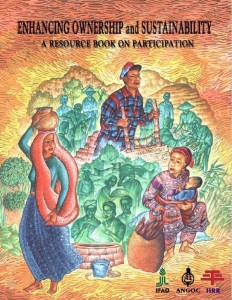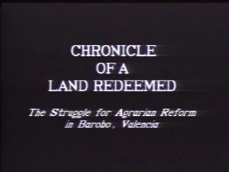Focal point
Location
Founded in 1979, ANGOC is a regional association of 20 national and regional networks of non-government organizations (NGO) in Asia actively engaged in food security, agrarian reform, sustainable agriculture, participatory governance and rural development. ANGOC member networks and partners work in 14 Asian countries with an effective reach of some 3,000 NGOs and community-based organizations (CBOs). ANGOC actively engages in joint field programs and policy debates with national governments, intergovernmental organizations (IGOs), and international financial institutions (IFIs).
Mission & Vision:
The organisation's mission is to create a policy and social environment that enables Asian Rural Poor Communities to exercise their rights to participatory development, gain access to and control of their natural resources, and engage in sustainable livelihoods while drawing from Asia’s rich spiritual and cultural traditions. ANGOC envisions vibrant Asian rural communities living in harmony with nature as stewards of the Earth, whose members are able to realize their full human potentials, collectively chart their path to development, provide for their present and future needs, and equitably share the fruits of their labors in community celebrations of life.
Resources
Displaying 96 - 100 of 102Enhancing Ownership and Sustainability: A Resource Book on Participation
The publication focuses on participatory processes and their management, and presents a broad range of concrete experience with different tools. It is assumed that the reader is already familiar with the use of tools like PRA/PLA/PME and is now interested in second generation issues related to project design, training and measurement of impact associated with the use of participatory processes. Each article reflects a specific experience. As such, it has its own validity.
Enhancing Ownership and Sustainability: A Resource Book on Participation
The publication focuses on participatory processes and their management, and presents a broad range of concrete experience with different tools. It is assumed that the reader is already familiar with the use of tools like PRA/PLA/PME and is now interested in second generation issues related to project design, training and measurement of impact associated with the use of participatory processes. Each article reflects a specific experience. As such, it has its own validity.
Enhancing Ownership and Sustainability: A Resource Book on Participation
The publication focuses on participatory processes and their management, and presents a broad range of concrete experience with different tools. It is assumed that the reader is already familiar with the use of tools like PRA/PLA/PME and is now interested in second generation issues related to project design, training and measurement of impact associated with the use of participatory processes. Each article reflects a specific experience. As such, it has its own validity.
Enhancing Ownership and Sustainability: A Resource Book on Participation
The publication focuses on participatory processes and their management, and presents a broad range of concrete experience with different tools. It is assumed that the reader is already familiar with the use of tools like PRA/PLA/PME and is now interested in second generation issues related to project design, training and measurement of impact associated with the use of participatory processes. Each article reflects a specific experience. As such, it has its own validity.
Chronicle of a land redeemed: The struggle for agrarian reform in Barobo, Valencia
This video documents the struggle of sugarcane farmers of Valencia, Bukidnon, Philippines in claiming their rights to the land they have long been cultivating. It tells how farmers were harassed by the former landowner who, despite notice of redistribution under the Comprehensive Agrarian Reform Program (CARP), wanted to hold on to the land and continued to force evict them.




